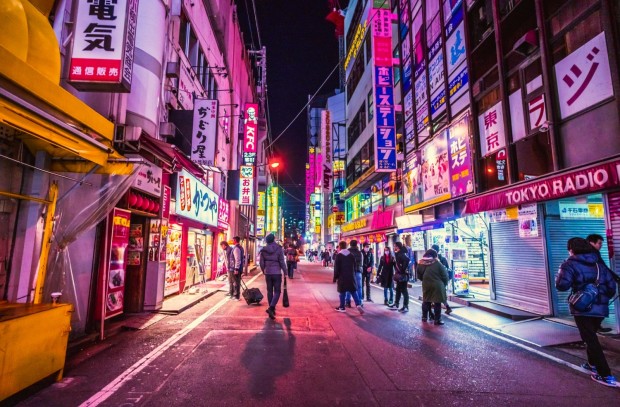
(Photo: Jezael Melgoza on Unsplash)
When you travel to visit or move to a new country, there are different cultural norms you'll need to get accustomed to. This means that if you're like most people, at some point you will feel some culture shock as you realize that the norms you've been doing your whole life aren't normal in your new location. These norms can be anything from handshaking, eye contact, and even how to handle tipping service providers. Here are eight unique cultural norms that you'll find here:
They Wrap Their Gifts in Fabric
Japanese people use a Furoshiki to wrap gifts instead of paper. Furoshiki is a square piece of fabric that gets tied around the gift making it easy to carry on the train or when walking down the street. People who live in the city do not often have their own cars and need simple ways to carry things to and from stores.
It's Easy To Find Snack Vending Machines Everywhere in Japan
Snack vending machines are everywhere in Japan. You can get everything from batteries to chocolate bars, which makes them a great way to stay stocked up on energy while on the go. Not only will you find Japan snacks in these machines, but you can also find toys and other goods. These are not like vending machines in other countries, and are one of the most interesting and unique cultural norms you'll find in Japan.
They Don't Tip
The concept of tipping is pretty foreign to the Japanese. It's considered quite rude and waiters and hairdressers in Japan may take offense to your tip. Instead, offer a unique small item from your country. Maybe bring along a postcard from your city or share a small token of your gratitude for their work.
They Bow
You'll notice that the Japanese people around you are constantly bowing. It's not just because they've been trained to do so-bowing is a sign of respect and gratitude, as well as an apology. When meeting someone for the first time, you may bow slightly deeper than usual, but once you've established some familiarity with them, there's no need to keep bowing more deeply every time. The depth of your bow depends on the situation and your status in relation to the person you would offer the bow. Bowing more deeply shows greater respect.
Taxis Are Not For Short Rides
Taxis are more expensive and not convenient for short-distance rides. If you're traveling somewhere within the same city, it's best to walk and then take the train or subway to get to your destination. Longer trips to spots outside of the city or on the other end of the city are more common in places like Tokyo.
They Are Punctual and On Time
You will be impressed by how punctual and on time they are. They never arrive late, nor do they leave early. If you have an appointment at 8:30 AM, then you should expect them to be there at 8:30 AM sharp. If your appointment is in the afternoon, then expect them to arrive at 3:30 PM exactly-no earlier or later than that.
You'll also find that many Japanese people don't like wasting time either. For example, if there's something wrong with their car or computer at work, they won't just sit around waiting on someone else; instead, they'll try their best to fix it themselves first before asking someone else for help unless there is an emergency.
They Have Public Bathhouses
A Sento is a public bathhouse. Public bathhouses have a long history in Japan and there are detailed rules to follow to ensure that everyone has an enjoyable Japanese bath. They are relaxing after long walks through the city and help you get an interesting cultural experience.
They're usually cheap and clean, but they can get really crowded on weekends or holidays. If you don't like crowds, try to go during the week when it's less busy. Most Sento are gender segregated as well. Some locations allow tattoos while others have cultural taboos against it, so it is important to note that if you have tattoos, you should check in advance or cover it up.
Children Ride the Trains Alone To Get to School
You may have noticed the lack of school buses in Japan. Instead, every morning and afternoon, children as young as 6 years old ride the train to and from school. These kids do it all by themselves as it is a cultural norm. They believe that it is good for children to learn to do important things while they are young. Japanese children are given opportunities to be independent at an earlier age than children in western nations.
This article is copyrighted by Travelers Today, the travel news leader
* This is a contributed article and this content does not necessarily represent the views of travelerstoday.com



